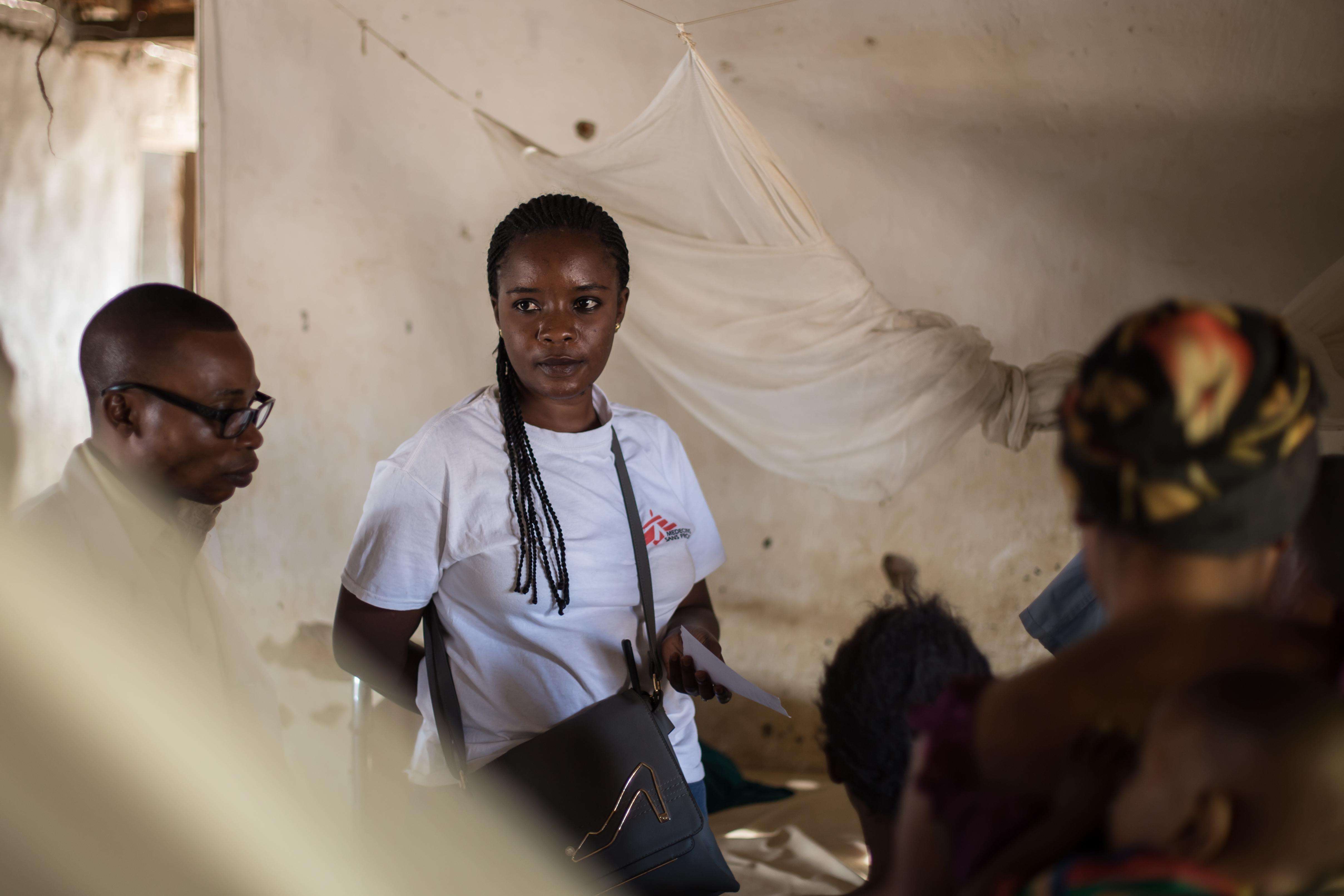Doctors Without Borders/Médecins Sans Frontières (MSF) teams in Salamabila, in the Democratic Republic of Congo´s (DRC) eastern Maniema province, have treated approximately 1,000 survivors of sexual violence since the beginning of 2020—85 percent of the perpetrators were armed men. The international medical humanitarian organization MSF calls on armed actors to end its attacks on civilians and calls on other humanitarian actors in DRC to respond to this crisis and strengthen protection services for the people of Salamabila who have suffered in silence for far too long.
“Attacks on the people need to stop,” said Carlos Francisco, MSF head of mission in DRC. “We call on all armed actors and anyone carrying arms in the area to respect international humanitarian law, and to not harm but protect civilians.”
“Violence against the civilian population in Salamabila has almost become normalized, and it's happening even outside of active conflict. It's having a serious impact on the physical and mental health of the people living here,” said Francisco.
In the latest violent incident, on November 11, gunshots were heard in Salamabila town. Shortly after, two people with serious gunshot injuries arrived at health structures supported by MSF. A third person with stab wounds arrived at the health structure the following morning. MSF teams also treated several survivors of sexual violence.
The incident illustrates the violence that the people in the Salamabila area have endured for years. Close to Mount Namoya, where gold is mined, fights between armed groups over access to natural resources often result in attacks on civilians. Violence, kidnappings, looting, and destruction of property are frequent.
MSF has been active in the area since 2018, providing primary and secondary health care in several hospitals and health centers that serve a population of around 180,000 people. One of MSF’s priorities is to support people who have survived sexual violence, including through psychosocial care.




